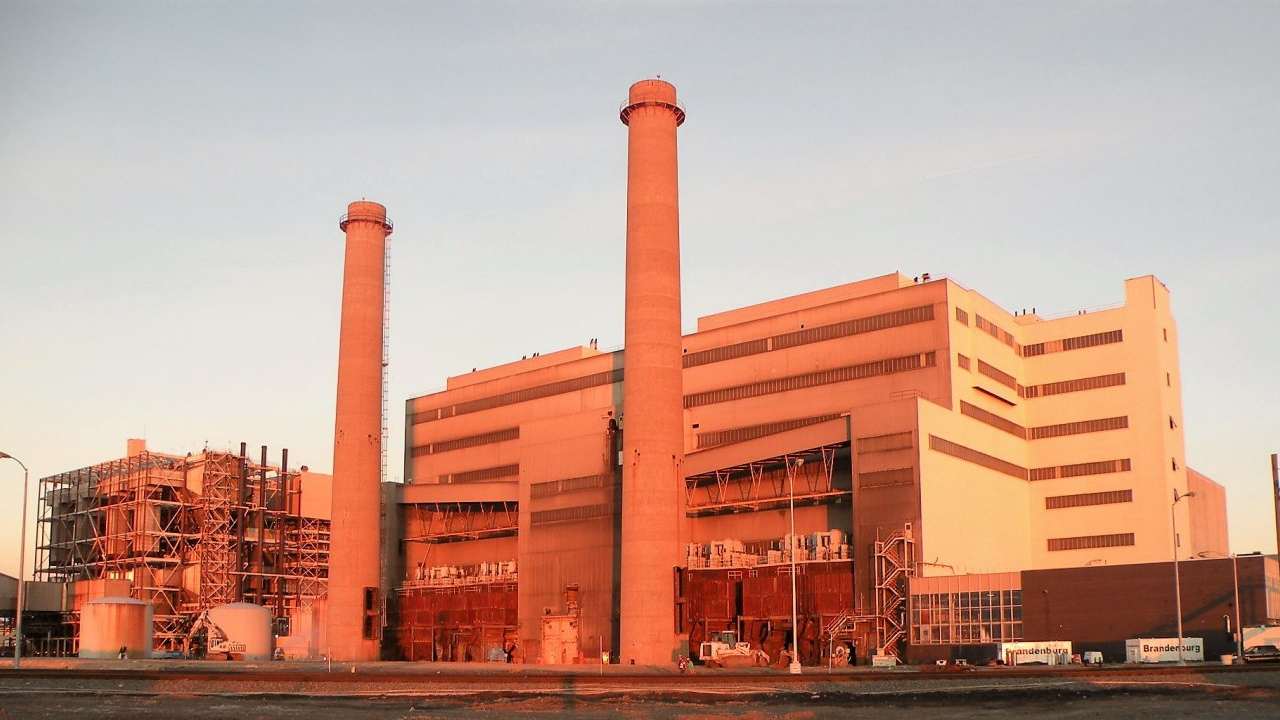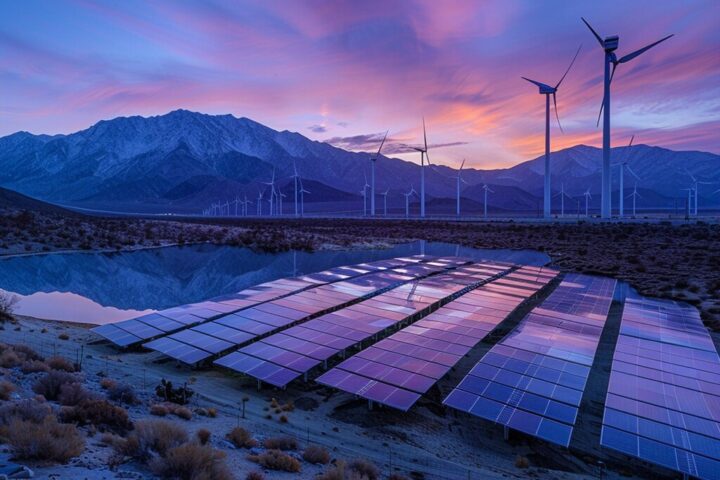Federal energy officials have directed Constellation Energy to continue operating its Eddystone Generating Station outside Philadelphia until at least August 28, 2025. The 760-megawatt facility, which burns oil and natural gas, was set to close on May 31.
This emergency action, issued under Section 202(c) of the Federal Power Act, marks the second such order recently, following a similar directive for the J.H. Campbell coal plant in Michigan.
The DOE based its decision on concerns from PJM Interconnection, the organization managing the electric grid across 13 states. PJM warned that under extreme summer conditions, it might need to activate emergency demand response programs – where customers reduce electricity use – to prevent blackouts.
“The department’s order is a prudent, term-limited step that will retain the covered generators for a 90-day period,” PJM said in a statement. “This will allow DOE, Constellation Energy and PJM to undertake further analysis regarding the longer-term need and viability of these generators.”
The emergency order comes amid what officials describe as “growing resource adequacy concerns” driven by increasing electricity demand, particularly from data centers and artificial intelligence, alongside the retirement of aging power plants.
Similar Posts
Constellation spokesman Paul Adams confirmed the company is “taking immediate steps to continue to operate Eddystone units 3 and 4 through the summer,” including retaining staff and performing necessary maintenance.
Environmental groups strongly oppose the decision. Kit Kennedy, power sector managing director at the Natural Resources Defense Council (NRDC), said the move “will have significant public health impacts and increase electricity costs.”
“These orders are about a power grab—not a power emergency,” Kennedy added. “These dirty and expensive fossil plants were slated to close because they could not compete with cheaper, cleaner alternatives.”

Tyson Slocum, director of Public Citizen’s Energy Program, raised concerns about costs, saying ratepayers “will be required to pay for the costs of continuing to run the Eddystone units, including enough money to ensure Constellation earns a profit.”
Federal officials are currently working on a system to evaluate reserve power capacity across regions under Federal Energy Regulatory Commission jurisdiction. This framework, expected by early July, will help determine which power plants are essential for maintaining reliable electricity service. This decision might also influence Constellation’s pending $16.4 billion acquisition of Calpine.
The emergency order can be extended beyond the current August 28 deadline if officials determine the need still exists.


















